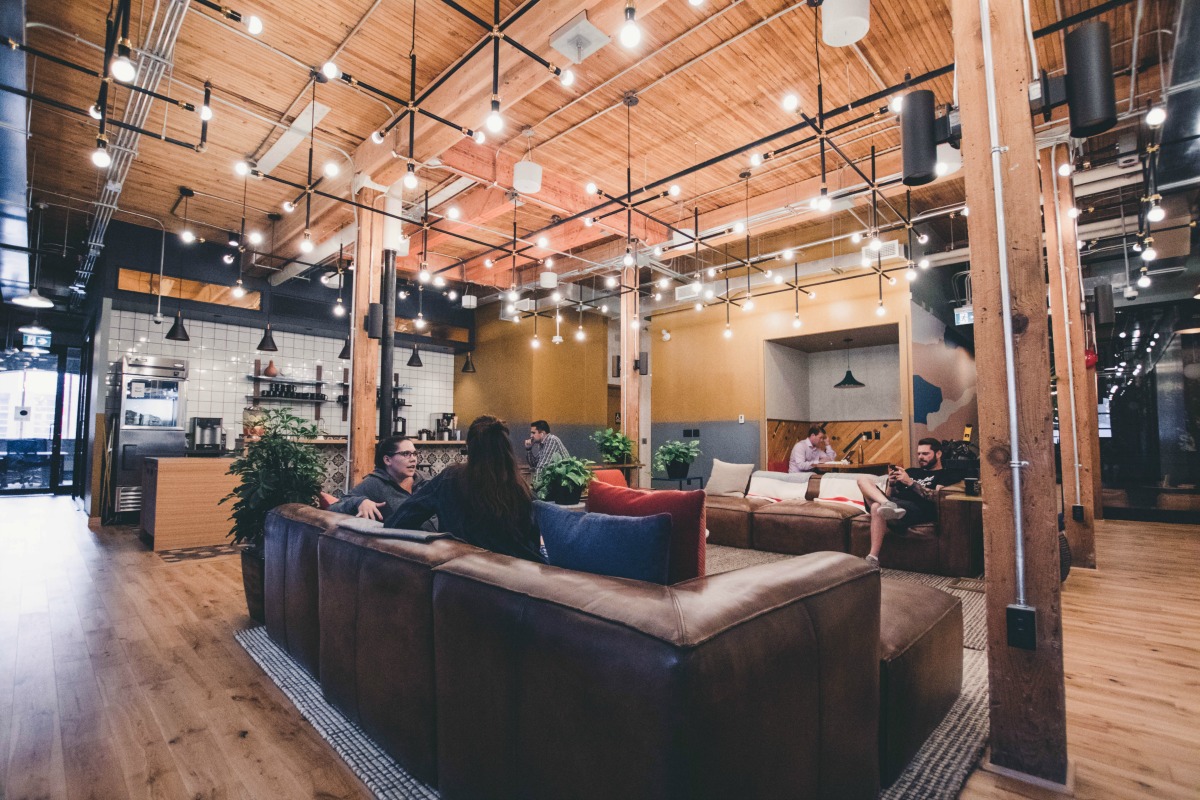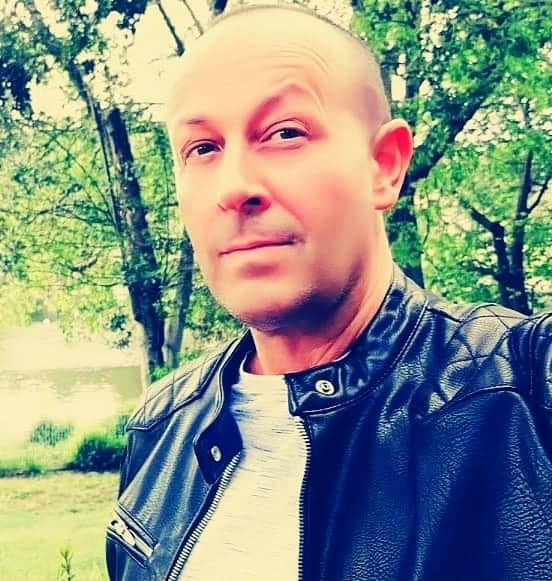
“Silicon Valley is a mindset, not a location”
– Reed Hoffman
When you decide to make a major change in your career, it’s not easy for other people. But if you really need a change, there may be people you have to walk away from.
For me, I didn’t want to be around people who reminded me of who I was in the past. I needed everything to be new. I wanted to be around people who would inspire me to change.
That sometimes means walking away from a lot of people, but you’ll be surprised by how it can come full circle. I came back into many people’s lives at the proper time. They went through changes, I went through changes.
It’s easy to want to feel safe, even though when you’re struggling you’re anything but safe.
Don’t be afraid to walk away from the familiar. See it as exciting, not scary: New people, new situations, new experiences, new challenges, living and thinking like a Startup.
Infact one of the biggest life lessons I’ve learned in this last decade was; seize the startup mindset, and watch creativity and imagination light up my career journey.
I have mainly followed this path trying not to have a professional identity.
That’s the real key: To keep challenging yourself, to keep finding new things to do, to keep finding new challenges in life. You reach different benchmarks at different times and you have to make that transition and adapt and change.
Change is the hardest thing for all of us. Stepping into the unknown? It’s really hard.
But change is where you can shed one skin and grow another.
In other words no matter who you are, thinking like a startup will help you win in today’s ultracompetitive job market.
HERE’S WHAT YOU CAN LEARN FROM THE STARTUP MINDSET TO REBUILD YOUR CAREER:
EMBRACE A CAREER “MODEL” NOT A “PLAN”
Start with a business model, not a business plan. What’s the difference?
A business plan tells you what to go out and do: assuming that you already understand the environment you’re working in. A business model, on the other hand, sets out the core aims and hypotheses of a business, but is designed to be flexible and change rapidly as you learn more.
A plan’s focus is execution, whereas a model is much more centered around learning.
A Career plan can help by providing direction and motivation, yet also hinder by narrowing focus and inhibiting learning. Having some kind of career “model”, as opposed to a rigid plan seems to
potentially provide the solution here. The key idea is to have a long-term vision plus a short term plan, which provides direction whilst also leaving you open to change and learning.
THINK LEAN AND FOCUS ON POSSIBILITIES
Everything is a best guess. The Lean Startup movement is a new approach to product development in startup businesses popularised by Eric Ries in 2008.
All too often startups have an idea for a product they think people want, spend months or years perfecting the product without ever actually showing the product to customers. This means they are operating completely blindly, with no real idea of whether the product is actually something the customer wants at all – many startups fail because it’s not until they release a product that they realise its flaws. The lean startup solution to this is iterative product releases of a minimum viable product, measuring feedback, and learning.
One useful takeaway is the idea that, when thinking about the future of your career, everything should be a “best guess.”
Entrepreneurs spend most of their time imagining what could be, rather than focusing on what is. They let their mind’s eye travel to a future state and explore fresh possibilities rather than clamming up and protecting the past.
So, it’s important to think about what your career aims are, and how you might concretely achieve them, but also to recognise that these will inevitably change as time progresses, and be prepared to learn and adapt.
One way of doing this is to get into the habit of identifying key uncertainties, and then actively seeking feedback from the world to resolve them. What question or piece of information are you most uncertain about that will most affect your career plans? How might you resolve this uncertainty? Speaking to people, doing research, or simply trying things out are a number of ways in which you might get feedback to resolve key uncertainties.
NURTURE YOUR CURIOSITY AND DESIRE OF LEARNING
People at startups are inherently curious. They constantly challenge conventional wisdom, asking Why?, What if?, and Why not? They have a deep craving to understand the world, gain new insight, and discover a better way.
Infact in startups, the focus on testing, learning and improving means that the attitude to product development should be one of being a “work in progress”, never “complete”, with constant room for improvement. The same attitude applies to you and your career. Any job you take is a development opportunity: the chance to both build skills and experience, and learn more about what you enjoy and can contribute to the world through your career.
GET COMFORTABLE WITH UNCERTAINTY
Ambiguity is frustrating.
As humans, we’re wired for cognitive closure, a desire for firm answers and an aversion toward ambiguity.
Uncertainty can create cognitive dissonance, the discomfort of holding two contradictory thoughts, feelings, or beliefs.
But nowdays the modern psychological science starts to suggest that uncertainty improves your decisions, promotes empathy, and boosts creativity.
In addition to this Jamie Holmes in his book “Nonsense: The Power of Not Knowing” explains that it can also be motivating. A good dose of uncertainty is helpful for our life.
So, we all face fear, but a startup figures out how to forge ahead in spite of their demons. They have the will to act instead of cower.

